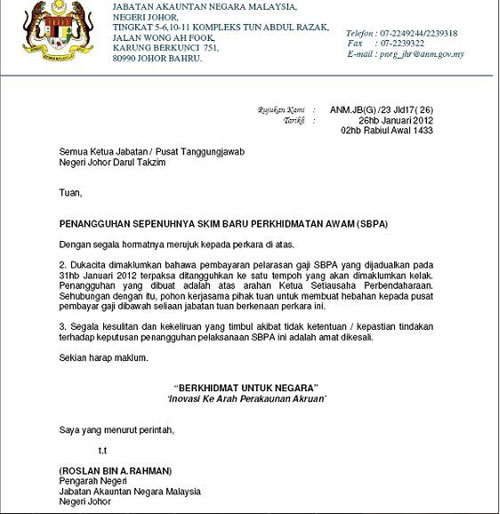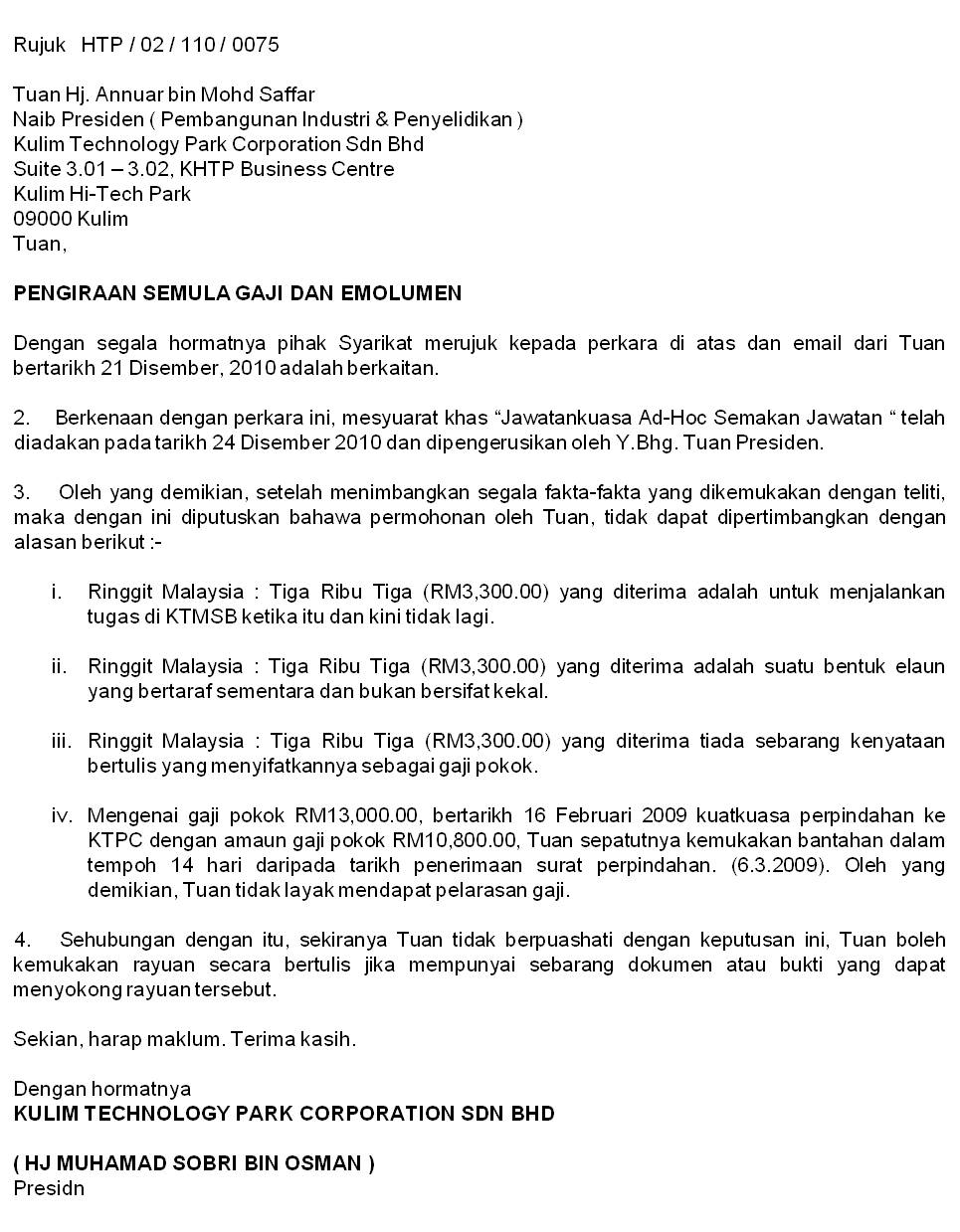Mastering the Art of Salary Negotiation: A Guide to Getting Your Due
Imagine this: you've been consistently exceeding expectations at work. You're a valuable asset to your team, always willing to go the extra mile. There's just one problem – your paycheck hasn't quite caught up to your contributions. Sound familiar? It's a common scenario, and it often boils down to one thing: the art of salary negotiation.
Negotiating a raise can feel daunting. It requires a delicate balance of confidence, tact, and preparation. But here's the thing: your salary isn't just a number. It's a reflection of your worth, your skills, and the value you bring to the table. And knowing how to effectively communicate that value is crucial for career growth and financial well-being.
So how do you even begin to broach the topic of a salary increase with your employer? It all starts with a well-structured, persuasive letter – your ticket to opening up a dialogue about your compensation. Think of it as a formal way of saying, "Hey, I'm doing great work, and I believe my salary should reflect that."
This letter, often referred to as a salary increase request letter, is your opportunity to showcase your accomplishments, highlight your contributions, and make a compelling case for why you deserve a raise. It's not about demanding more money; it's about demonstrating your value and engaging in a collaborative discussion about your compensation.
In a nutshell, mastering the art of salary negotiation is an essential skill for any professional. It's about understanding your worth, communicating your value effectively, and advocating for your financial well-being. And a well-crafted salary increase request letter is your first step towards achieving your desired outcome.
Throughout history, the concept of negotiating for better compensation has been an integral part of the workforce. From guilds advocating for fair wages in medieval times to modern-day unions fighting for collective bargaining agreements, the pursuit of equitable pay has been a constant.
Today, in our increasingly competitive job market, the ability to articulate your value and negotiate a salary that reflects your contributions is more important than ever. It's not just about getting more money; it's about ensuring that you're being compensated fairly for the skills, experience, and dedication you bring to your role.
However, there are often misconceptions and challenges surrounding salary negotiations. Some employees may feel uncomfortable discussing their salary or fear that asking for a raise will be perceived negatively. Others may struggle to quantify their accomplishments or articulate their value in a clear and concise manner.
Advantages and Disadvantages of Requesting a Salary Increase
| Advantages | Disadvantages |
|---|---|
| Increased earning potential | Potential for disappointment if the request is denied |
| Recognition of your contributions | Possible discomfort or awkwardness during the negotiation process |
| Improved morale and motivation | Risk of damaging the relationship with your manager if not handled appropriately |
Best Practices for Requesting a Salary Increase
1. Timing is Everything: Choose a time when your manager is receptive and the company's financial outlook is positive. Avoid making your request during busy periods or when there are layoffs or budget cuts.
2. Quantify Your Accomplishments: Don't just say you've been doing a good job. Provide specific examples of your achievements, such as exceeding sales targets, implementing successful projects, or receiving positive client feedback.
3. Research Industry Standards: Use websites like Glassdoor, Salary.com, or LinkedIn Salary to determine the average salary range for your position, industry, and location. This will give you leverage during negotiations.
4. Practice Your Pitch: Rehearse what you're going to say beforehand. This will help you feel more confident and ensure that you can articulate your points clearly and persuasively.
5. Be Prepared to Negotiate: Your initial request may not be accepted, so be prepared to negotiate. Consider other benefits you might be willing to accept, such as additional vacation time or professional development opportunities.
Frequently Asked Questions About Salary Increase Requests
1. When is the best time to ask for a raise? The best time is typically during your performance review or after you've made significant contributions to the company.
2. How much of a raise should I ask for? It's generally reasonable to request a raise of 3% to 5%, but this can vary depending on your performance, industry, and location.
3. What if my request is denied? If your request is denied, don't get discouraged. Ask for feedback on how you can improve and when you can revisit the conversation.
4. Should I mention other job offers during negotiations? While you can use other job offers as leverage, be cautious about appearing to threaten your employer. Focus on your value to the company and your desire to continue contributing.
In conclusion, navigating salary negotiations is an essential skill for professional growth. By understanding your worth, preparing thoroughly, and communicating effectively, you can increase your earning potential and ensure that your compensation aligns with your contributions. Remember, a well-crafted salary increase request letter is just the first step. Approach the conversation with confidence, professionalism, and a willingness to engage in a constructive dialogue, and you'll be well on your way to securing the compensation you deserve.
Unlocking the ucf spring semester your academic adventure
Unlocking the mystery of survey scores a guide to percentage calculation
Unleash your inner power exploring the phenomenon of female sasuke uchiha











